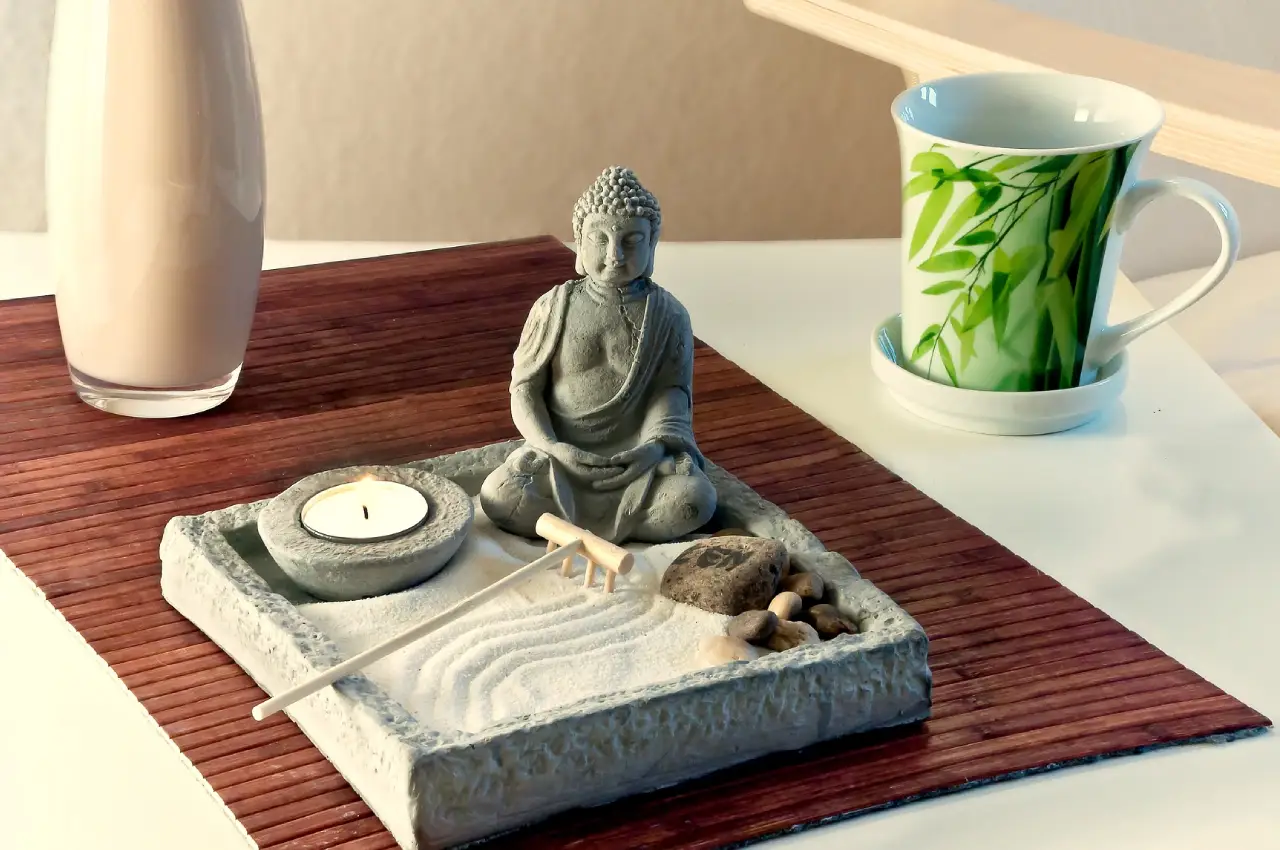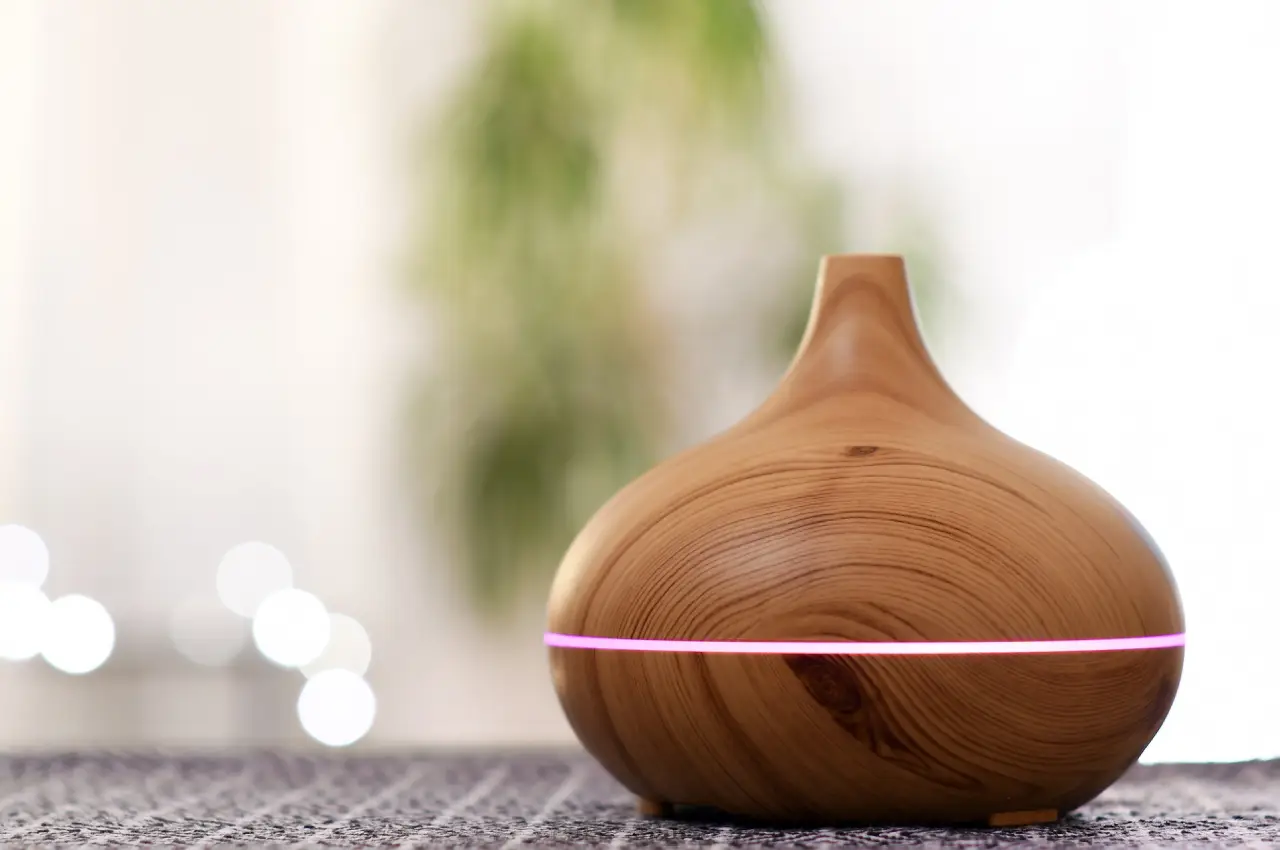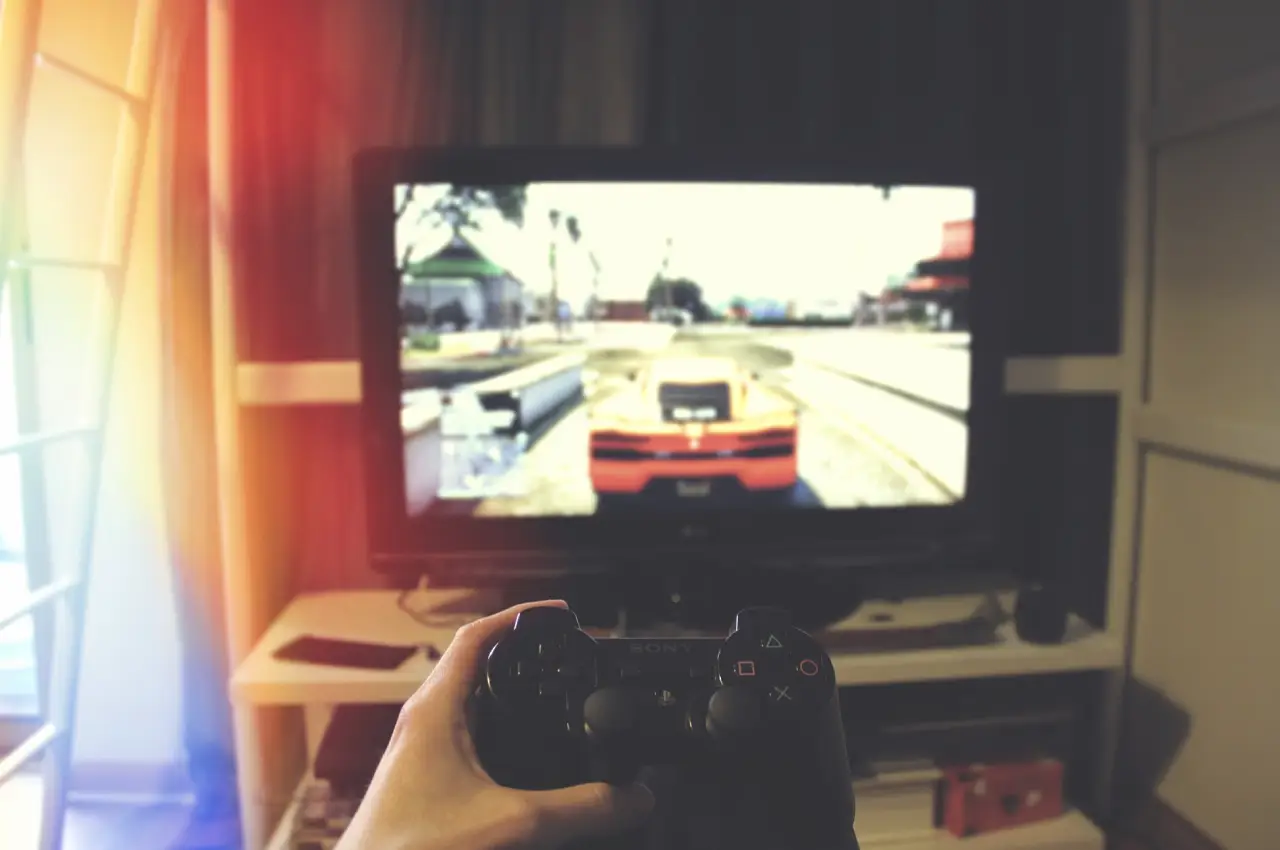
Feng Shui Tips: Harmonize Your Home for Happiness
Feng Shui, an ancient Chinese practice, promises to transform your living space into a harmonious haven. The idea is simple yet profound: by arranging your home in alignment with natural energy flows, you can create a balance that promotes health, happiness, and prosperity. This guide will walk you through the basics of Feng Shui, offering practical tips on how to apply these principles to your home.
Understanding the Basics of Feng Shui
Feng Shui is all about the flow of energy, or “chi,” within a space. It’s based on the principle that everything in our environment affects our inner harmony. When you apply Feng Shui, you’re essentially harmonizing your surroundings to improve various aspects of your life, from health and wealth to relationships and personal growth.
Declutter Your Space
The first step in Feng Shui is decluttering. A cluttered space disrupts the flow of energy and creates stress. Start by going through each room and removing items that you no longer need or use. This not only makes your home look tidier but also opens up space for positive energy to flow.
Think about your kitchen. Clearing out old appliances and utensils can make your cooking area more inviting, promoting better nutrition and overall well-being.
The Importance of the Bagua Map
The Bagua map is a tool used in Feng Shui to divide your home into nine sections, each representing different areas of your life. These include wealth, fame, relationships, family, health, creativity, knowledge, career, and helpful people. By understanding the Bagua map, you can place objects and furniture in your home to enhance specific aspects of your life.
Harmonize with the Five Elements
Feng Shui incorporates five elements: wood, fire, earth, metal, and water. Each element represents different qualities and can be used to balance your home environment.
Wood symbolizes growth and vitality. Incorporate it through plants or wooden furniture.
Fire represents passion and energy. Use candles, fireplaces, or red-colored items.
Earth stands for stability and nourishment. Decorate with ceramics, stones, and earth tones.
Metal signifies clarity and precision. Add metal objects like sculptures or frames.
Water symbolizes wisdom and serenity. Use fountains, mirrors, or blue items.
In your living room, you might place a healthy plant (wood) near a window to invite growth and positivity.
Balancing Yin and Yang
Feng Shui emphasizes the balance between Yin (passive energy) and Yang (active energy). Too much of either can create imbalance. Aim to balance soft, calm elements (Yin) like cushions and drapes with vibrant, active elements (Yang) like bright lights and mirrors.
Arranging Furniture for Flow
Furniture placement is crucial in Feng Shui. Arrange your furniture to promote free movement and good energy flow. Avoid blocking doorways and ensure that you have a clear path throughout your home.
In the bedroom, position your bed against a solid wall and ensure you can see the door. This setup provides a sense of security and promotes restful sleep.
Enhancing Entryways
Your front door is the main entry point for energy into your home. Make it inviting by keeping it clean, well-lit, and free of obstructions. A welcoming entryway invites positive energy and opportunities.
Add a welcome mat, potted plants, or a fresh coat of paint to your front door area.
Creating a Relaxing Bedroom
The bedroom is a place for rest and rejuvenation. To enhance this space, use soothing colors, soft lighting, and comfortable bedding. Keep electronics to a minimum to avoid disrupting sleep.
Boosting Prosperity in the Wealth Corner
The southeast corner of your home is associated with wealth. Enhance this area with symbols of abundance such as a money plant, a small water feature, or items in shades of green and purple.
Placing a jade plant in your office can attract prosperity and financial growth.
Inviting Harmony in the Relationship Corner
The southwest corner is linked to love and relationships. Enhance this area with pairs of objects like two candles, two flowers, or items in pink and red tones to foster romantic and personal connections.
Creating a Space for Creativity and Knowledge
Designate areas in your home that encourage creativity and learning. This could be a quiet reading nook, a well-organized home office, or a space dedicated to your hobbies and interests.
A small corner with a comfortable chair, good lighting, and a bookshelf can become an inspiring reading and study area.
Using Colors Wisely
Colors play a significant role in Feng Shui. Choose colors that align with the energy you want to invite into each space. For example, blues and greens are calming and suitable for bedrooms, while reds and oranges can energize a living room or kitchen.
Bringing Nature Indoors
Plants are a vital component of Feng Shui as they bring the energy of nature inside. They purify the air, add color, and enhance the vitality of your home. Choose plants that thrive indoors and place them in strategic locations.
A snake plant in the bathroom can purify the air and bring a touch of nature to the space.
Personalize Your Space
While Feng Shui provides guidelines, it’s essential to personalize your home to reflect your tastes and preferences. Incorporate items that bring you joy and comfort, ensuring your space feels uniquely yours.
Final Thoughts
Feng Shui is a journey toward creating a home that nurtures and supports you. By applying these principles, you can transform your living space into a sanctuary of balance and harmony. Take the first step today and notice how subtle changes can bring about profound improvements in your life.
We’d love to hear your experiences with Feng Shui! Have you tried any of these tips in your home? Share your stories in the comments below and inspire others to create harmonious living spaces.





